DIVERTICULOSIS OR DIVERTICULITIS?
The terms diverticulosis and diverticulitis sound similar, but what’s the difference?
And is one more serious than the other?
These are common questions I get when discussing the topic of diverticulosis and diverticulitis, so, let’s discuss. They are different, but related. The short version: Diverticulosis is an out-pouching of the wall of the intestine, and diverticulitis refers to the process of one or more of these pouches becoming infected and inflamed.
So, what exactly is diverticulosis (the longer version)? Diverticulosis occurs when part of the wall of the colon (usually, but can also form in the small intestine) forms a pouch, like a pothole. According to the American College of Gastroenterology 2023 guidelines, it is not clearly understood what the actual cause of this is, but there is a genetic link, and it is not uncommon in people who have connective tissue disorders, such as Ehlers Danlos syndrome (EDS).
Additionally, some experts believe that straining to have a bowel movement may weaken the colon wall and cause the outpouching. It does not occur commonly among people under 30, has about a 20% occurrence rate in people 40-60 years of age, and up to 60% occurrence in those over 60 years of age. Some of the risk factors associated with developing diverticulosis include a low fiber diet, elevated BMI, smoking, increased consumption of alcohol, and regular use of NSAIDS.
As such, some of the recommendations to prevent diverticulosis from progressing or developing into diverticulitis include maintaining a healthy weight, regular physical activity (some studies report the more vigorous the activity the better), consuming sufficient dietary fiber (in the form of fresh fruits, vegetables, whole grains, and legumes), limiting red meat, reducing sweets in the diet, smoking cessation (if applicable), moderation of alcohol consumption, and avoidance of NSAIDs.
According to the American College of Gastroenterology, diverticulosis is thought to be mostly asymptomatic, although some sources indicate people can have some abdominal discomfort, changes in bowel function (such as diarrhea or constipation), gas, and bloating with diverticulosis. Diverticulosis can be found with the use of barium enema, colonoscopy, or CT scan.
Sometimes, the pouches, or diverticula, can become infected and inflamed, and then it becomes diverticulitis. This is considered a relatively rare complication of diverticulosis, occurring in about 5% of people who develop diverticulosis. Symptoms of diverticulitis can include fever, fatigue, abdominal pain, either constipation (if a blockage occurs) or diarrhea, nausea, and poor appetite. Some of the complications that can develop, leading to blockage are abscess, stricture, or fistula. Diverticulitis is often treated with an antibiotic, as well as bowel rest. This refers to consuming only liquids for several days to enable the inflamed bowel to heal up. Surgery may be required if one of the mentioned complications occurs.
Are you wondering if you might have diverticulosis? Or already of a history of the condition? As a specialist in integrative gastroenterology, I can work with you to determine the correct diagnosis and develop a comprehensive treatment plan to not only manage symptoms, but to help heal your GI tract, and improve function long term.
Natural medicine can work very well to improve GI health. Please contact Dr. Heather Buckle ND, FABNO if you have questions about integrative solutions for any gastrointestinal issues you may have. If you live in Washington state and would like to learn more about Dr. Buckle’s naturopathic approach to your wellness, please call (206) 643-2239 or CLICK HERE to schedule a consultation.




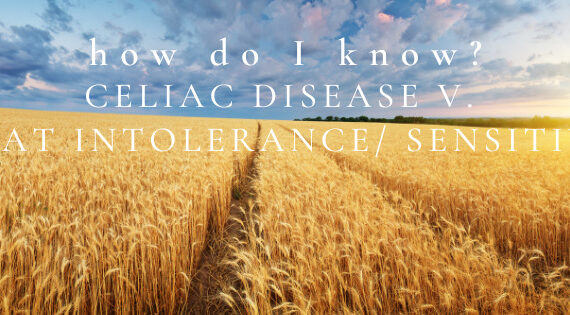

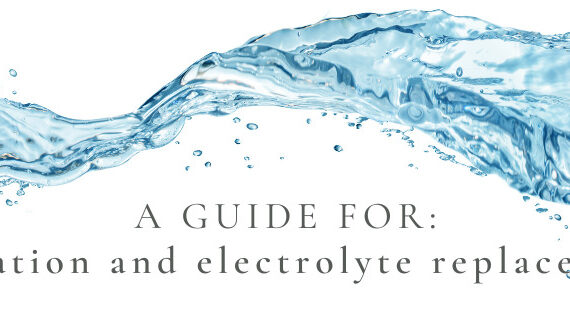





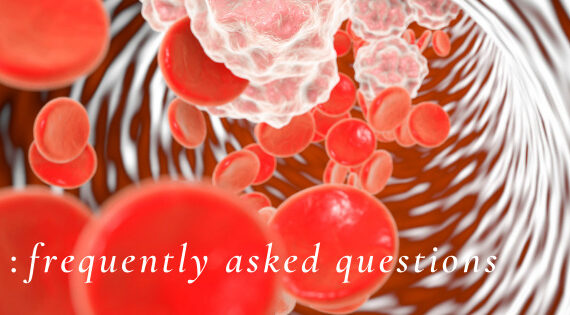
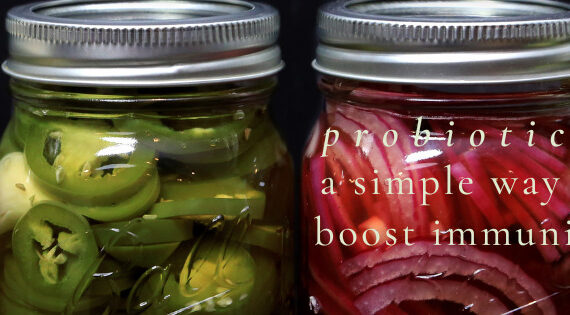




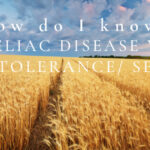
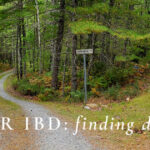
No comments yet.